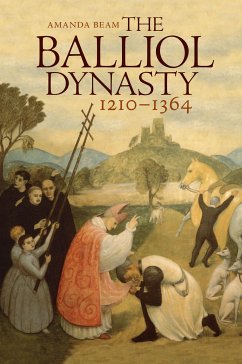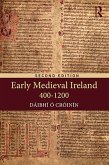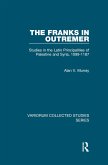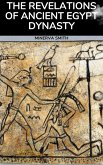This study examines the political ambitions and influences of the Balliol dynasty in the thirteenth and fourteenth centuries in Scotland, England and France. The generally accepted opinion in previous historiography was that John (II), king of Scots from 1292 to 1296, and Edward Balliol (d. 1364) were politically weak men and unsuccessful kings. In a reassessment of the patriarch of the family, John (I) (d.1268), the Balliols are revealed as committed English lords and loyal servants of the kings of England, underlining how the family has been unfairly judged for centuries by both chroniclers and historians, who have assessed them as Scottish kings rather than as English lords.
Despite the forfeiture of the Balliol estates in England and Scotland in 1926, John (II) and Edward retained close relationships with the successive English kings and used these connections to fuel their political ambitions. Their kingships illustrate their desires to recover some influence in English politics which the family had enjoyed in the mid-thirteenth century. This re-evaluation of the Balliols highlights their relationship with the English crown.
Dieser Download kann aus rechtlichen Gründen nur mit Rechnungsadresse in A, B, BG, CY, CZ, D, DK, EW, E, FIN, F, GR, H, IRL, I, LT, L, LR, M, NL, PL, P, R, S, SLO, SK ausgeliefert werden.









